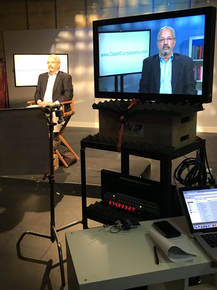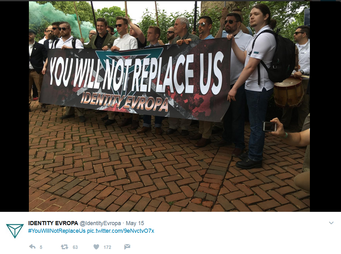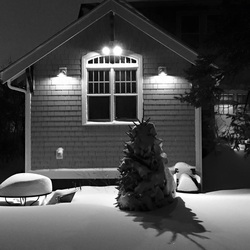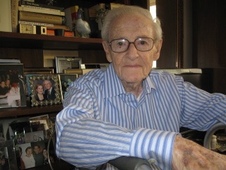
I agreed to participate as a spokesperson because I thought the message was pretty important, namely, that seniors like me should look carefully at the Medicare plans available to them to make sure we’re signed up for the right program; that we’re getting the right coverage for our needs; and that we’re not spending money on things we don’t need. Also, the deadline for signing up is December 7th so this conversation is very timely and newsworthy.
Last week I flew up to NY to participate in a satellite media tour, which involves doing nearly 25 interviews on morning TV shows, radio programs and Internet sites throughout the country. I spoke to anchors from Milwaukee, Jacksonville, Hawaii, Baltimore, and a bunch of places I can’t recall because I learned never to say the name of the place or the person I was speaking with at the moment. That’s not a mistake you want to make on live TV.
Throughout the interviews, I realized that I knew more than I thought I knew. Indeed, all of my work on the articles and books I had written over the years really did make me an expert.
I spoke from my own experience because it humanized me. I talked about how the blood pressure guidelines changed and that may put me in a higher risk category even though my blood pressure hadn’t changed…only the guidelines had. I talked about how I had been on autopilot just like many other seniors but that I might also need to review my coverage because my particular situation changed. Medicare is my primary insurer and I have secondary coverage through my wife’s former employer. But I may be better off with a different approach.
We should all be looking at our insurance products. And regularly. When I realized that, like so many others who took the survey, I paid more attention to my phone bill and Internet charges than I did to my Medicare plan, I was just as negligent as my peers.
So here I am Googling Medicare plans and trying to make sense of all the terms and numbers. I’m considered one of the experts, yet I’m confused. How do I balance what my health needs will be next year with the terms of each plan? How do I decide whether to keep the doctors I have now with lower costs if, indeed, the costs are lower?
I think I’ve got my answer. For now, I’m choosing to stay with traditional Medicare because my surgeon does not participate in a Medicare Advantage plan. But for all of you who may not have done the analysis, let me remind you that you have until December 7th to enroll in the Medicare plan of your choice for 2018. If you stay on autopilot, you’ll be automatically renewed in your current plan.
Here are four things you can do to make sure you make the right decision:
- Go to www.costofcomplacency.com to learn more about the survey and get guidance about the right plan for you.
- Go to Medicare.gov and go through the exercise of choosing the right plan.
- Go to www.aarp.org and learn more about your choices.
- Go to your local senior center and speak to one of the experts about which Medicare plan is right for you.
Just do it before December 7th.



 RSS Feed
RSS Feed
